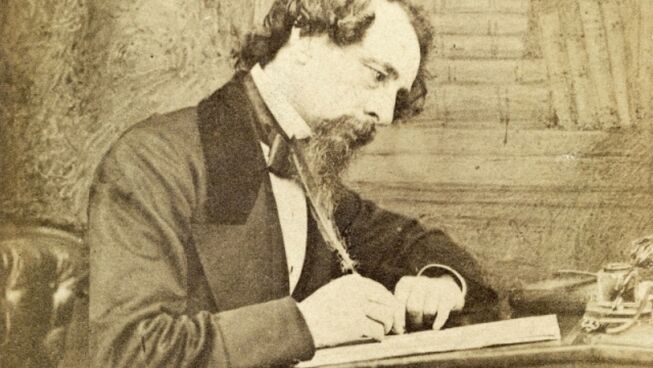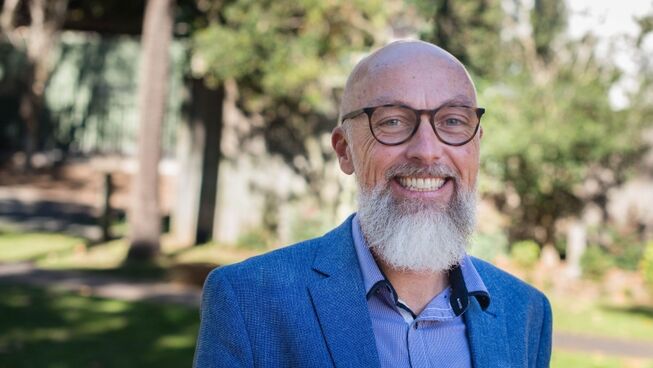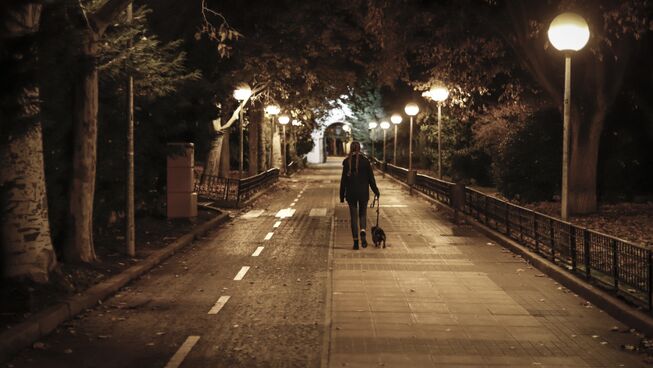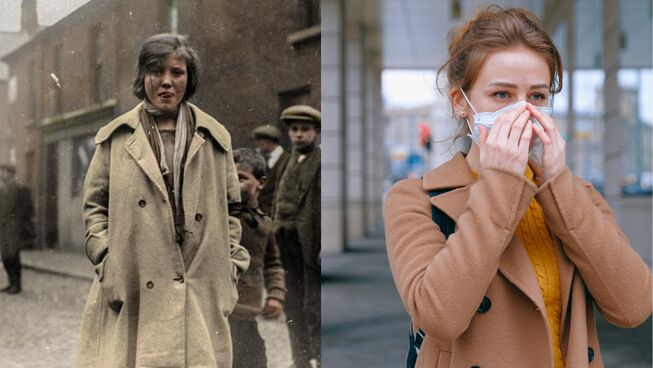Best of times, worst of times...

There’s a New Yorker cartoon in which Charles Dickens is sitting before a would-be publisher who is saying: “Come on Mr Dickens, it was either the best of times or the worst of times, it can’t be both!”
If you know Dickens’ classic novel, A Tale of Two Cities, it begins by highlighting the paradox. Everyone was saying the times were awful. Everyone was saying things are the best they’ve ever been. They can’t both be right, can they?
I reckon old Charlie nailed it. All times are like that. We look through one prism; we see doom and gloom. We look through another prism: Sweetness and light.
So on one hand Canadian writer Steven Pinker writes a book last year called Enlightenment Now: The Case For Reason, Science, Humanism and Progress in which he says we’ve never had it so good in the West.
On the other hand Jonathan Haidt and Greg Lukianoff publish The Coddling of the American Mind: How Good Intentions and Bad Ideas Are Setting Up a Generation for Failure, which sees perilous times ahead for a fractious culture.
Both books, published in 2018, became New York Times bestsellers. Each tells an equal and opposite story about our times.
Who’s right? Pinker? Haidt and Lukianoff? They both make good arguments, but my money’s on Dickens and his observation that the times are always good and always bad.
That lines up with experience. Our newsfeed has a link to a breakthrough in medical research that will eliminate a painful, debilitating condition for millions. Our Facebook feed shows men dressed in bright orange jumpsuits on a remote beach about to get their throats cut. Best and worst right there.
Or making it personal. We love our new job; its challenges and opportunities. But boy, things at home are tough, tough enough to scuff the gloss. We juggle career, financial and relational pressures from the time the alarm goes until that moment we fall, exhausted, into bed.
Launder, rinse, repeat.
The Christian story does the best/worst of times thing too. You’d have to be living under a rock not to feel the anger and despair over the sexual abuse scandals in the church and the conviction of Roman Catholic Cardinal, George Pell.
Yet at the same time, 20 of Australia’s top charity organisations are Christian. Christian schools educate hundreds of thousands of our children, and community organisations started by followers of Jesus bring relief, hope and love to regions all over our country.
Meanwhile the church is the most diverse movement in the world. The average Christian is most likely a Nigerian woman in her twenties working the fields outside her local village.
Jesus once said that the people of his day could not discern the times. They saw what was happening, but couldn’t figure out what it meant. Good? Bad? Both?
In Dickens book, the point is not to come down on one side or the other. In fact, the story is not about the times at all. It’s about what people do regardless of the times. The climax of the story is when the hero of the story - Sydney Carton - finds himself in Revolutionary France where he meets a condemned French nobleman, Charles Darnay, who bears an uncanny likeness to himself.
Using that coincidence, Carton contrives a way to swap his life for the soon-to-be executed man, going to the guillotine in his place. He is not compelled to do so. It’s the best act in the worst of times.
It’s no coincidence that Charles Darney’s initials are the same as Charles Dickens’. And it’s no coincidence that that’s the Christian story, a man who willingly gives up his life for a condemned person.
We’re heading up to Easter 2019 in the best of times and the worst of times. Be assured, Easter is ready for both times.
The Christian story still glows brightly through all the mess, anger and twitterati outrage that led to Haidt and Lukianoff’s book.
Its staying power offers a better hope than the hope Pinker offers in his book. It offers us the best act in the worst of times. That’s both its paradox and its power. We could all learn a lesson from Mr Dickens.





